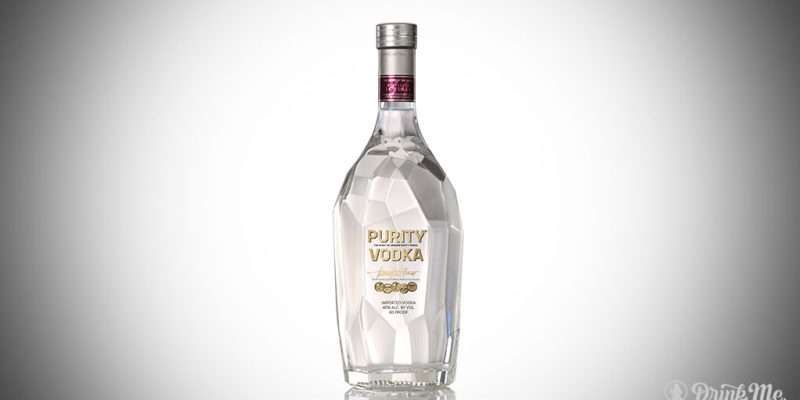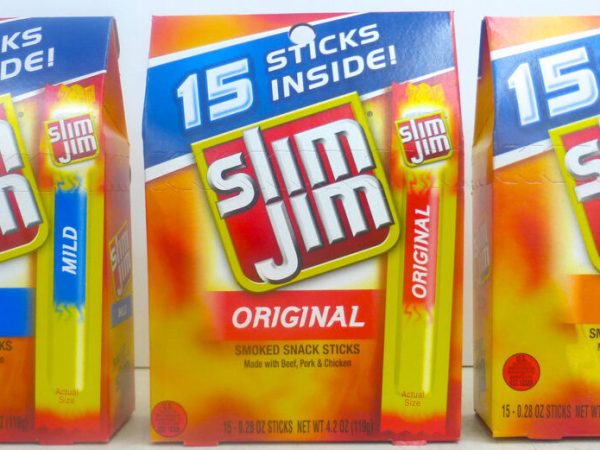Does Vodka Have a Smell? The Truth About Its Scent and Purity

Vodka is often described as a “neutral spirit” — odorless, colorless, and tasteless. This reputation leads many to assume that vodka has no smell at all. But if you’ve ever opened a bottle, you’ve probably noticed a faint aroma that doesn’t entirely disappear.
So, does vodka have a smell? The short answer is yes — but it’s not as strong or distinct as other spirits like whiskey, rum, or gin. The subtle scent you detect depends on the vodka’s ingredients, distillation process, and purity level.
High-quality vodka tends to have a very light, almost imperceptible aroma, while cheaper or poorly filtered vodkas may carry stronger alcohol or grain-like smells.
What Gives Vodka Its Scent?
The scent of vodka primarily comes from ethanol, the main alcohol component, and trace impurities called congeners. Pure ethanol has a faintly sweet, almost antiseptic smell. In vodka, however, other compounds can subtly alter the aroma.
These compounds may include residual oils, esters, and aldehydes left from the ingredients used to make the spirit — such as grains, potatoes, corn, or even fruits. The more refined and filtered a vodka is, the fewer of these compounds remain, resulting in a cleaner and more neutral scent.
In essence, the purer the vodka, the less it smells.
The Science Behind Vodka’s Aroma
Vodka is made by fermenting and distilling starch-based or sugar-based raw materials. After multiple distillations, it undergoes filtration (often through charcoal or quartz sand) to remove impurities and soften the alcohol.
However, no matter how refined it becomes, it still contains trace levels of ethanol and other volatile compounds. These molecules evaporate quickly, which is why you can smell vodka when you open a bottle.
So, does vodka have a smell according to science? Yes — but its odor is minimal because ethanol molecules are small and volatile, meaning they evaporate rapidly and dissipate into the air. That’s why vodka smells strong for a second but disappears quickly.
Purity and Distillation: The Key Factors
One of the biggest factors influencing whether vodka has a noticeable smell is how many times it’s distilled. Each round of distillation removes more impurities and aromatic compounds, resulting in a smoother, more neutral product.
Premium brands often highlight multiple distillation steps — “distilled five times,” for instance — to emphasize their purity. They may also use advanced filtration methods to remove unwanted flavors and scents.
If you’re wondering does vodka have a smell in high-end brands like Grey Goose or Belvedere, the answer is “barely.” The cleaner the distillation process, the closer the vodka gets to being truly odorless.
Why Some Vodkas Smell Stronger Than Others
Not all vodkas are created equal. Some smell stronger due to the raw materials used, while others are affected by filtration and production techniques.
- Grain-based vodkas (like those made from wheat or rye) tend to have a faint bread-like aroma.
- Potato vodkas often have a slightly earthy or creamy scent.
- Corn-based vodkas may smell a little sweeter.
Additionally, cheaper vodkas might skip extra distillation steps, leaving behind trace impurities that create a more noticeable “alcohol” smell. This can lead to a harsher nose and a stronger burn when sniffed.
So while the goal of vodka production is neutrality, the degree of that neutrality depends on the brand and method. That’s why one person’s answer to does vodka have a smell may differ from another’s experience.
Does Vodka Smell When You Drink It?
Many people are curious whether vodka leaves a smell on your breath or body after drinking it. Technically, yes — but it’s much less noticeable compared to darker liquors like whiskey or rum.
Ethanol is the primary culprit here. When you drink vodka, ethanol is absorbed into your bloodstream and then expelled through your lungs and skin as it metabolizes. This can produce a faint alcohol odor, even if vodka itself seems scentless.
However, because vodka contains fewer flavoring compounds and congeners, the odor tends to fade faster. Drinking water, eating food, or chewing gum can also help minimize any lingering smell.
So, does vodka have a smell after drinking? Only slightly — and it’s typically short-lived compared to other spirits.
How to Test the Smell of Vodka
If you’re curious to test vodka’s scent for yourself, here’s a simple experiment:
- Pour a small amount into a clean glass.
- Hold it at room temperature for a few minutes to allow the alcohol vapors to release.
- Swirl the glass gently and take a short, shallow sniff.
You might notice a light, sharp alcohol scent with faint notes of grain, vanilla, or sweetness, depending on the brand. The higher the quality, the less scent you’ll detect.
If the vodka smells harsh, sour, or chemical-like, it may be of lower quality — or improperly stored. Proper vodka should never have a pungent or unpleasant odor.
Can You Hide or Mask the Smell of Vodka?
People sometimes ask this for different reasons — from cooking to discretion. Because vodka already has a mild scent, it’s easier to mask than most liquors.
When mixed into cocktails like a Bloody Mary, Moscow Mule, or Cosmopolitan, the vodka’s smell is almost entirely disguised by other ingredients. Even in straight drinks, adding lemon, lime, or soda can neutralize any remaining alcohol odor.
If you’re cooking with vodka, the alcohol burns off quickly during heating, leaving no smell or taste behind. So, while vodka does have a smell, it’s easily masked or eliminated through mixing or heating.
Does Flavored Vodka Smell Different?
Absolutely. Flavored vodkas — like vanilla, citrus, berry, or caramel — are intentionally infused with aromatic compounds that make them smell (and taste) distinct.
These added essences and sugars give off noticeable scents that can fill a room once you open the bottle. For instance, citrus-flavored vodka might smell zesty and fresh, while vanilla vodka has a dessert-like aroma.
While plain vodka aims to be neutral, flavored vodka embraces scent as part of the experience. So, if you’re asking does vodka have a smell, flavored varieties definitely do — and that’s part of their appeal.
How Storage Affects Vodka’s Smell
Even though vodka is stable and doesn’t spoil easily, how you store it can slightly affect its aroma over time.
Vodka should be kept in a cool, dark place, tightly sealed. Exposure to air or high temperatures can cause ethanol to evaporate and leave behind a faint stale or chemical odor. Storing it in a freezer, a common practice, helps minimize evaporation and keeps the spirit crisp and odor-free.
If you ever open an old bottle and notice a sour or sharp smell, it may have been improperly stored. Though it’s unlikely to be harmful, it won’t taste as clean as a fresh, well-preserved bottle.
So, while vodka does have a smell, you can preserve its purity with proper storage.
Conclusion
So, does vodka have a smell? The answer is yes — but only slightly. High-quality vodka is so pure and well-filtered that its scent is almost imperceptible. The faint aroma you notice comes from ethanol and trace ingredients used in production.
The cleaner and more distilled a vodka is, the less it smells. Lower-quality vodkas or those with fewer filtration steps may have stronger alcohol or grain-like scents.
While vodka might not be completely odorless, its neutral profile is what makes it one of the most versatile spirits in the world. Whether you enjoy it straight, mixed, or in your favorite cocktail, you can appreciate the subtle art of its near-invisible scent.
FAQs
1. Does vodka have a smell compared to other alcohols?
Yes, but it’s much lighter. Vodka’s scent is far weaker than whiskey, rum, or gin because it lacks heavy congeners and flavoring agents.
2. Why do some vodkas smell stronger than others?
The smell varies based on ingredients, distillation quality, and filtration. Grain or potato vodkas can carry faint natural aromas, while premium brands smell cleaner.
3. Does vodka smell on your breath after drinking?
Slightly, but the scent fades quickly. Since vodka is nearly odorless, it leaves less residual smell than most liquors.
4. Is pure vodka completely odorless?
No. Even the purest vodka contains ethanol, which has a mild, sweet alcohol scent. Total odorlessness isn’t possible in alcoholic beverages.
5. How can you tell if vodka has gone bad by smell?
While vodka rarely spoils, improper storage can cause it to develop a sharp, sour, or chemical odor. If it smells off, it’s best not to drink it.
Also read: 10 Facts on How Much a Pint of Beer Really Is — Average Prices by Country and City (2025 Edition)










